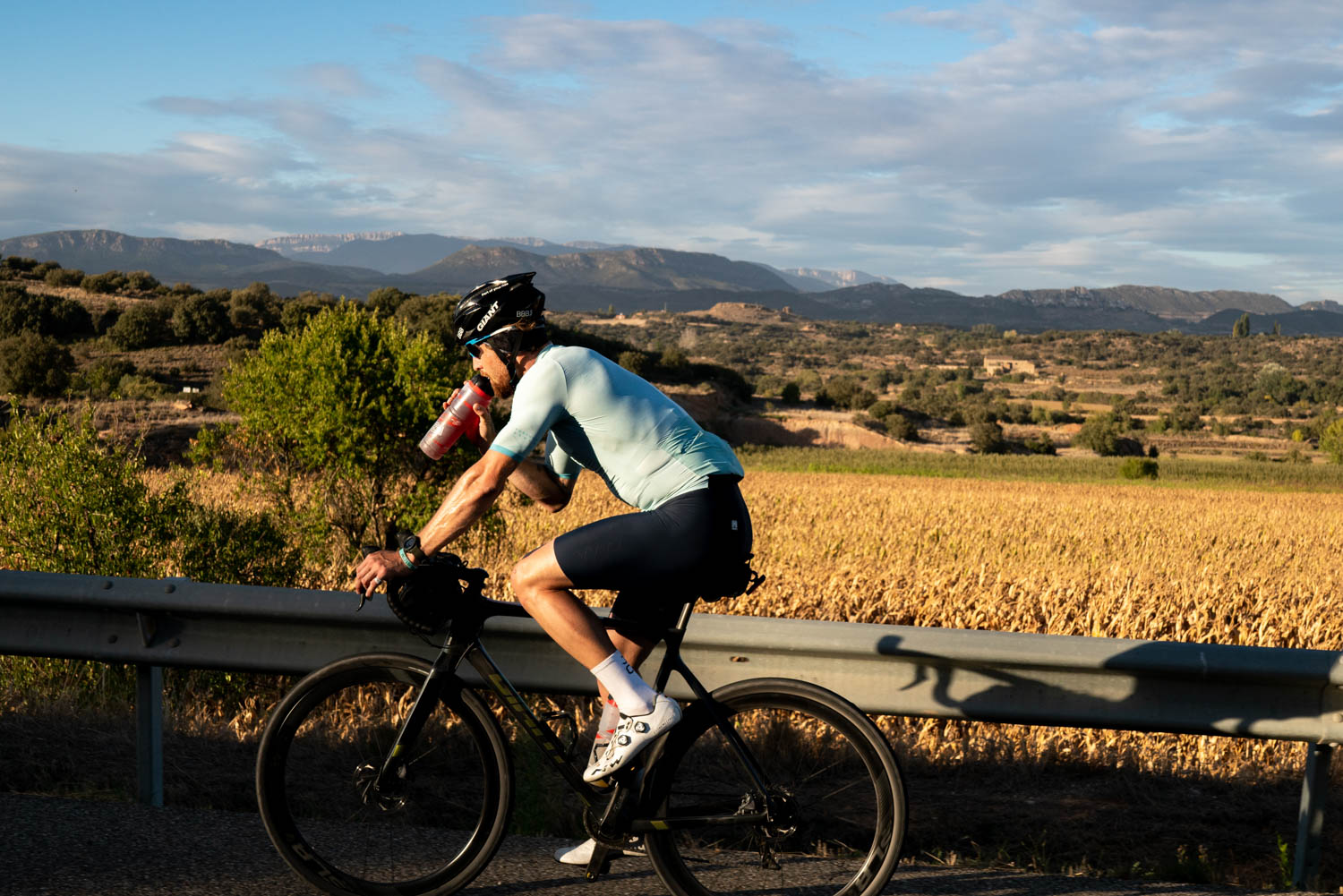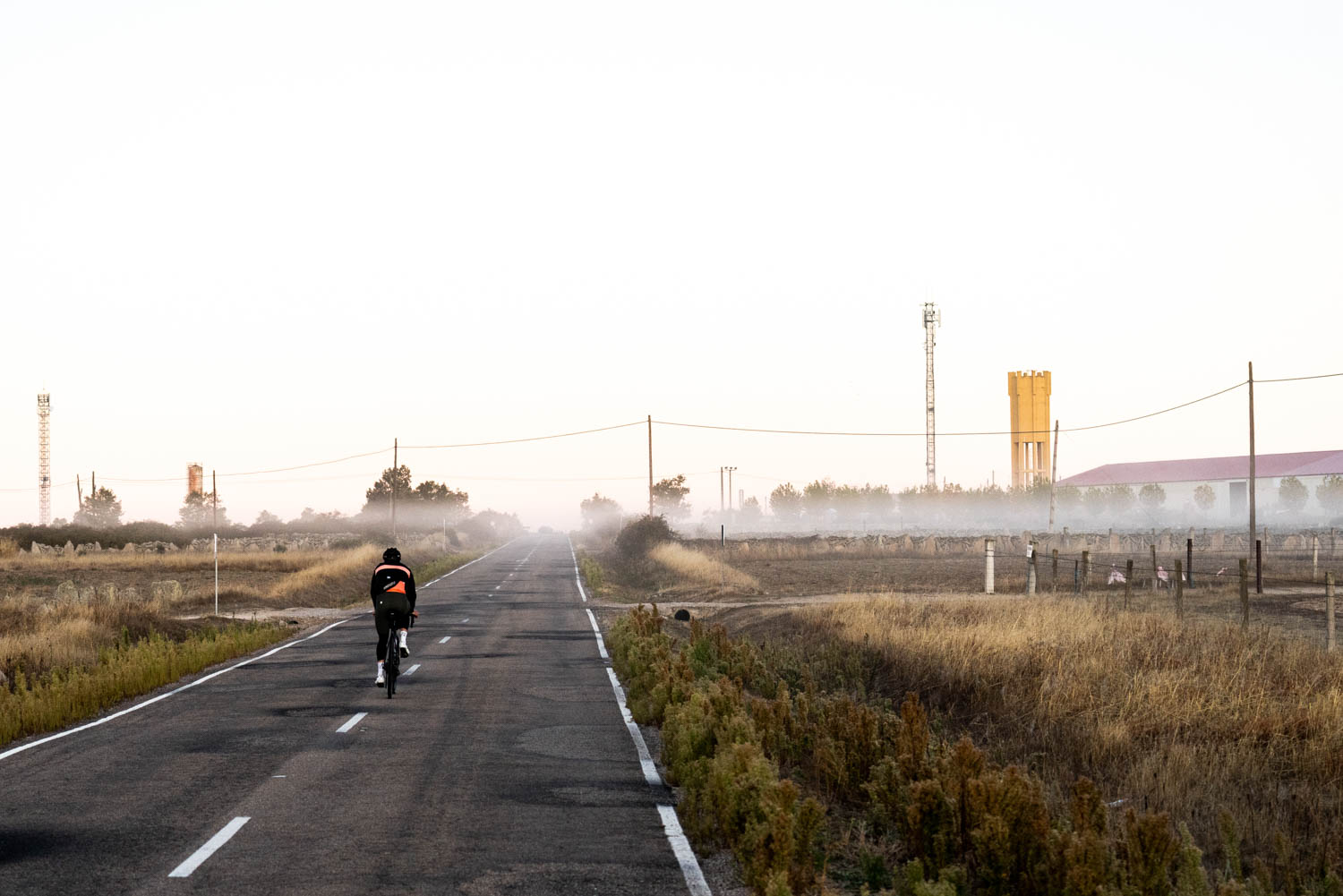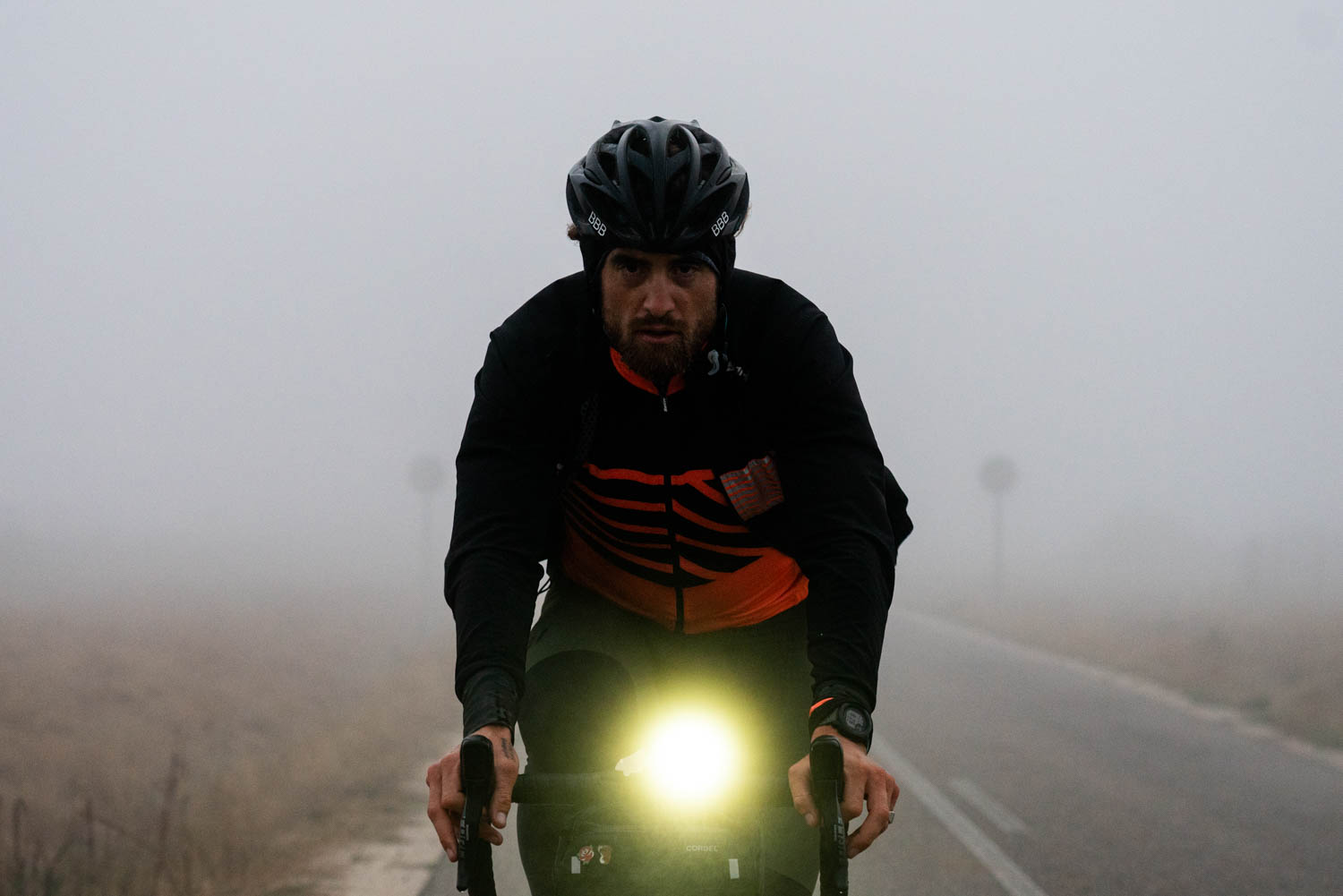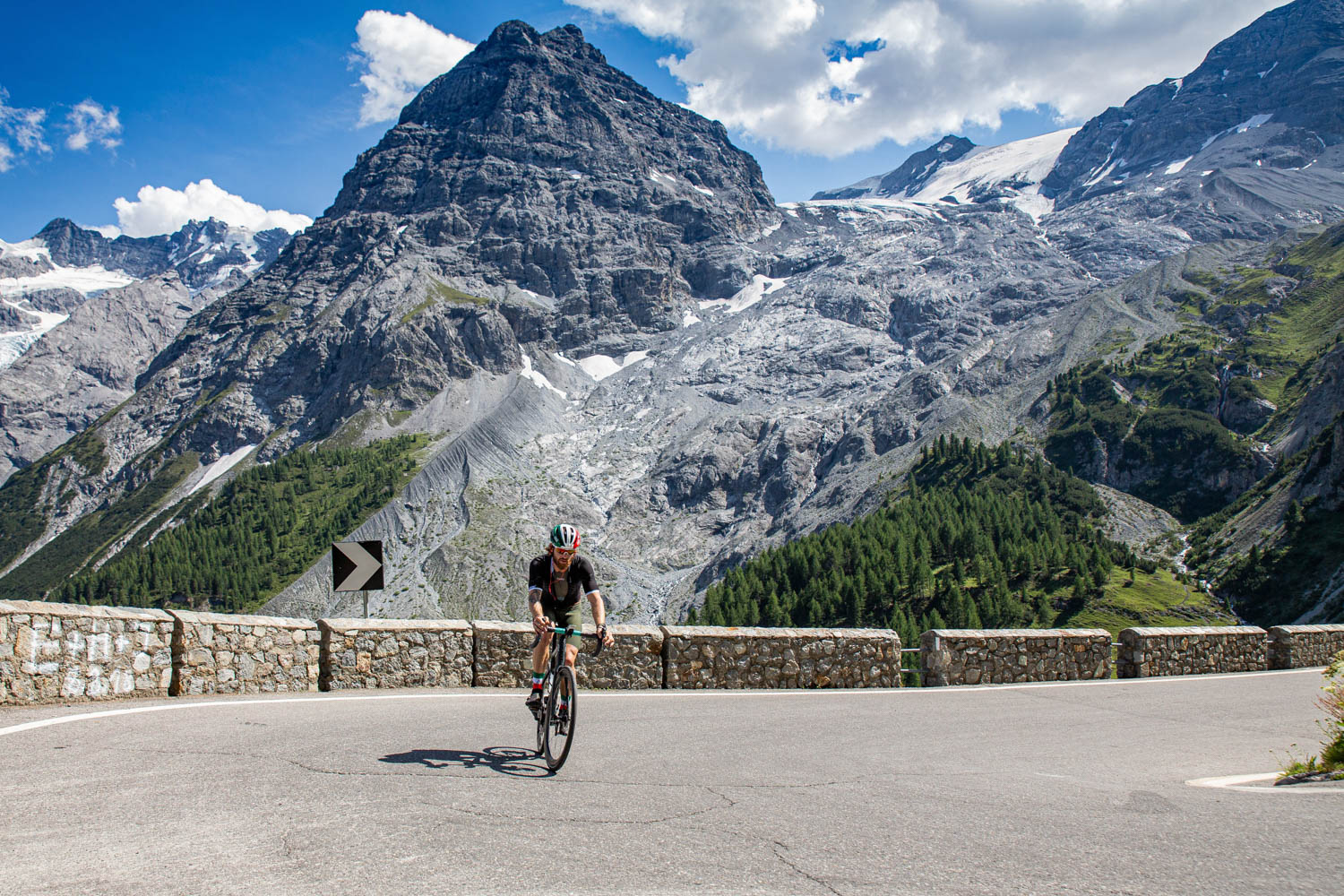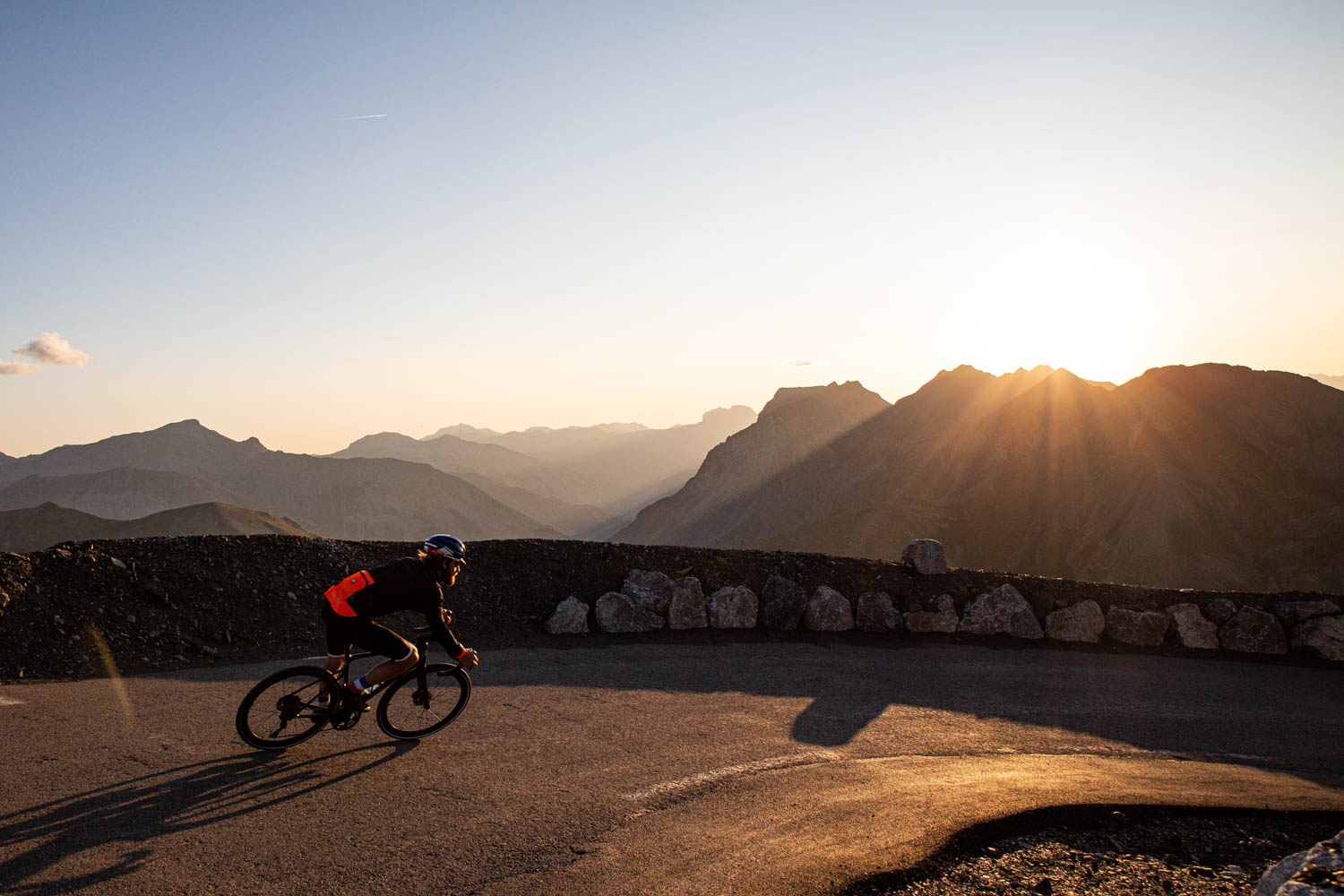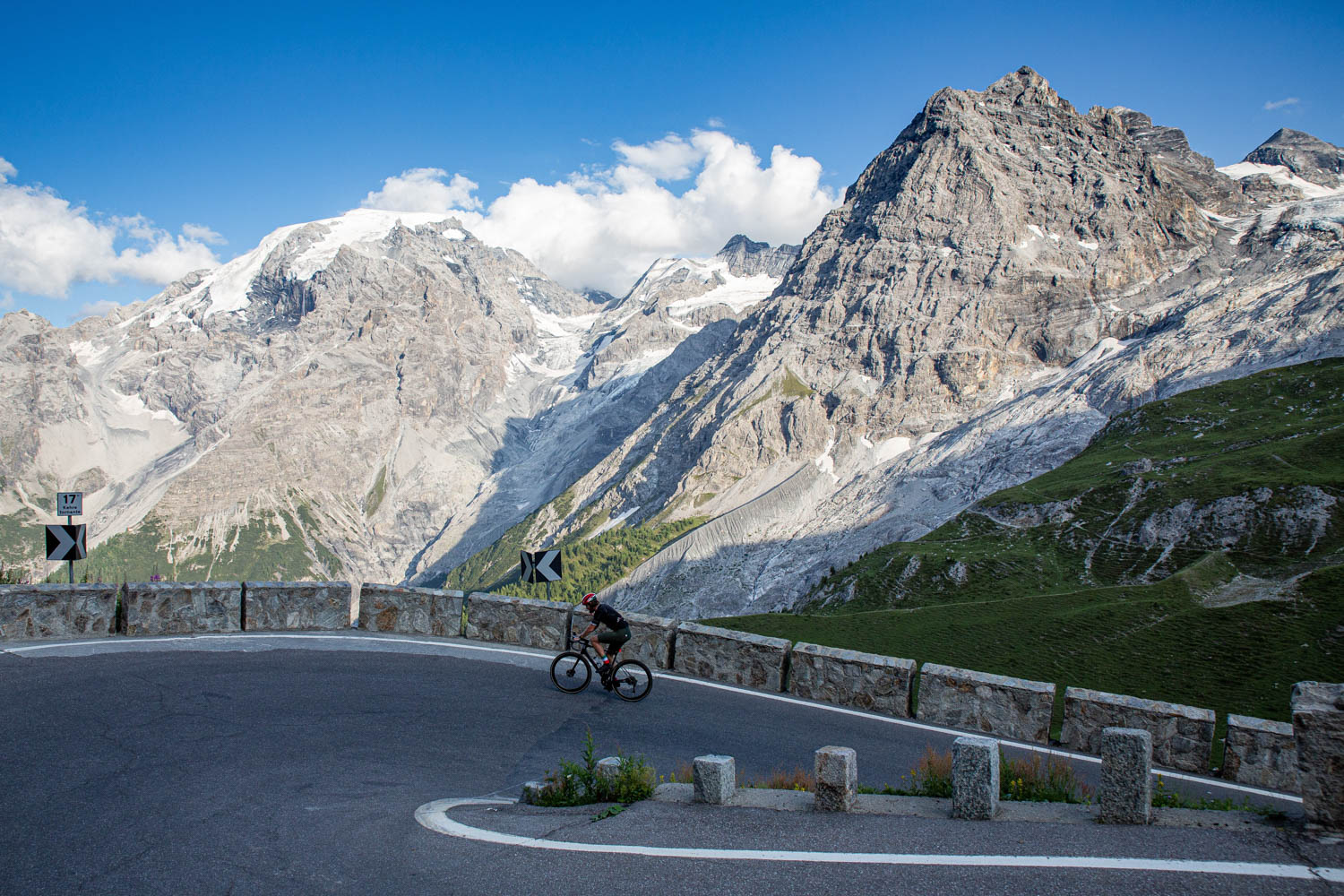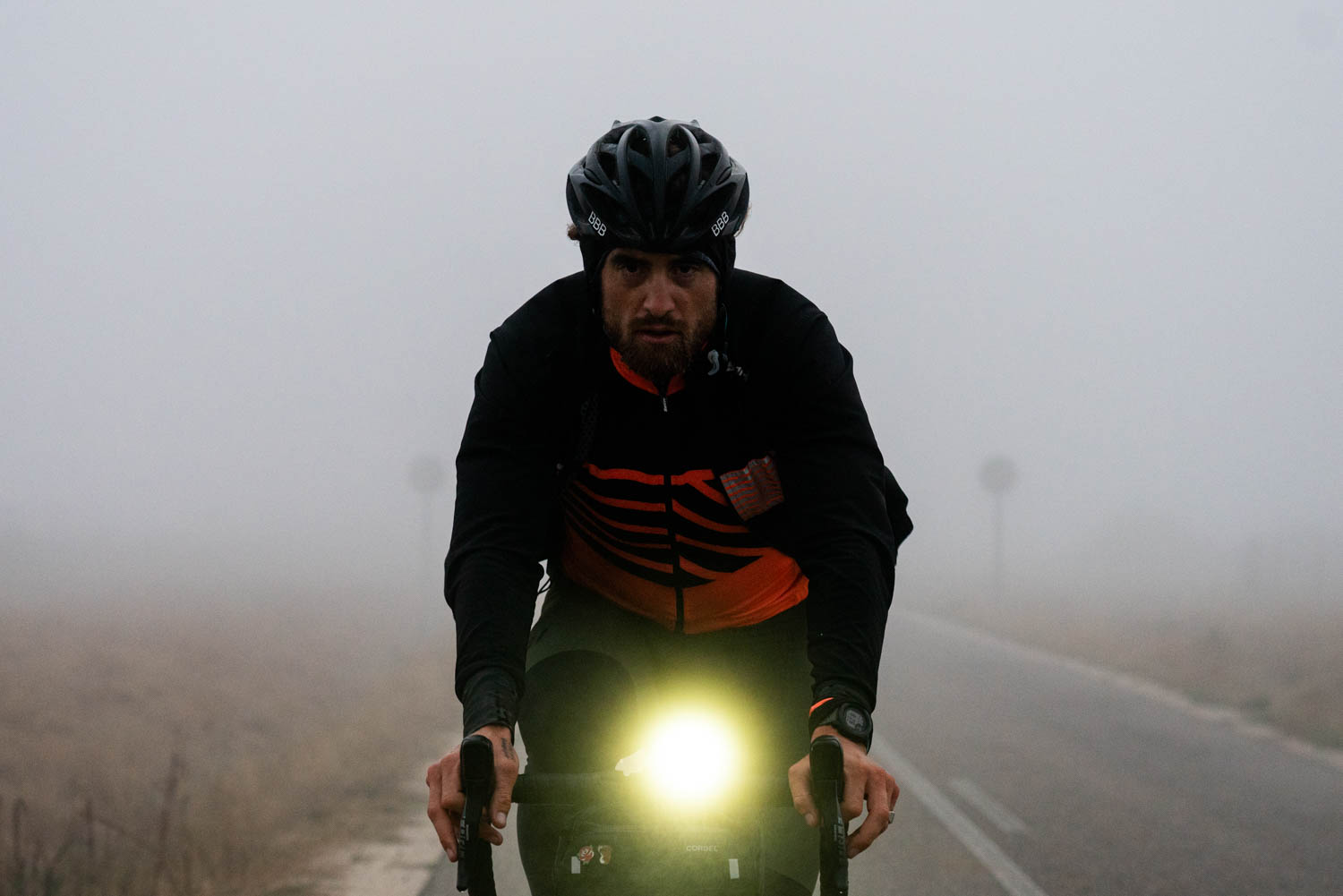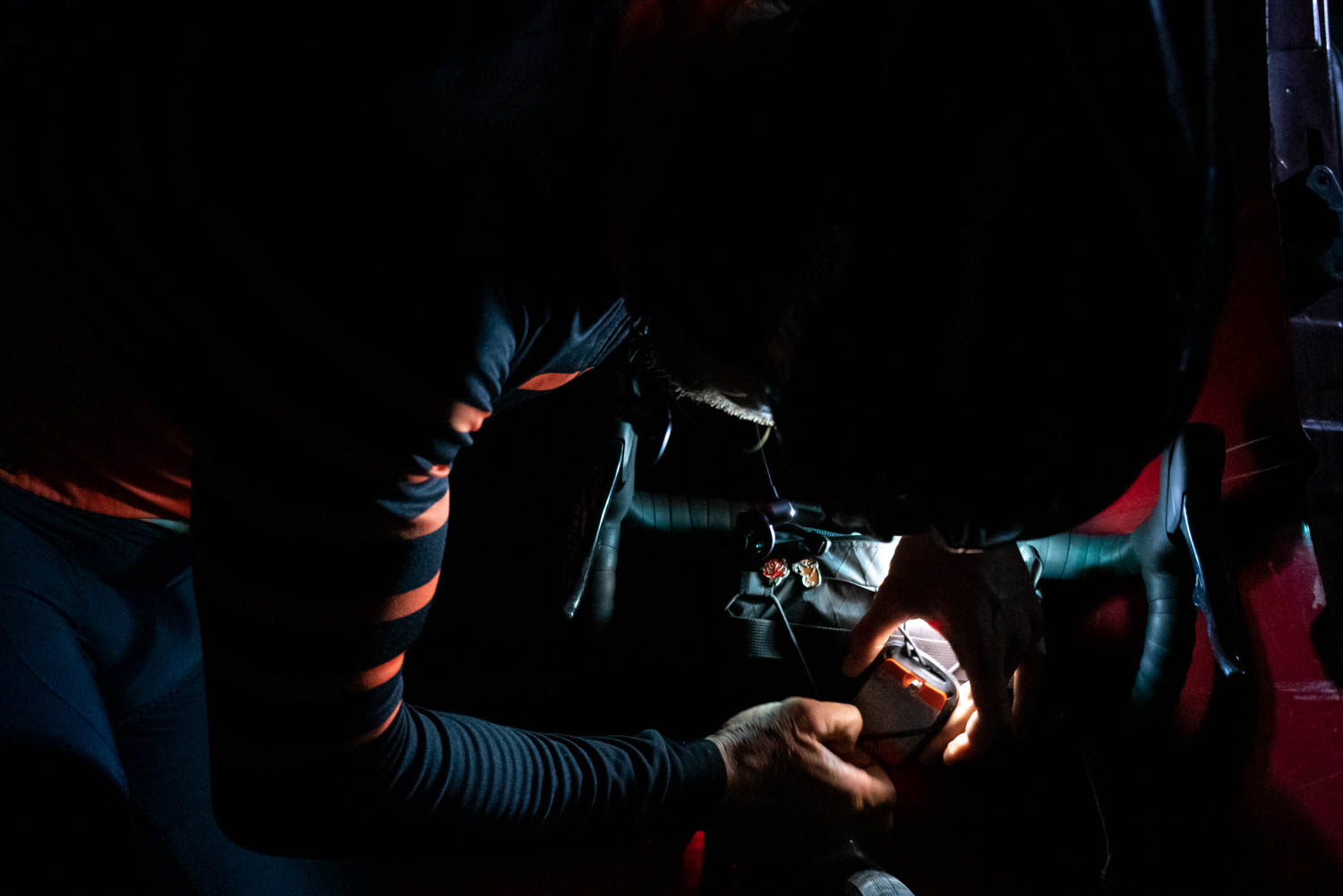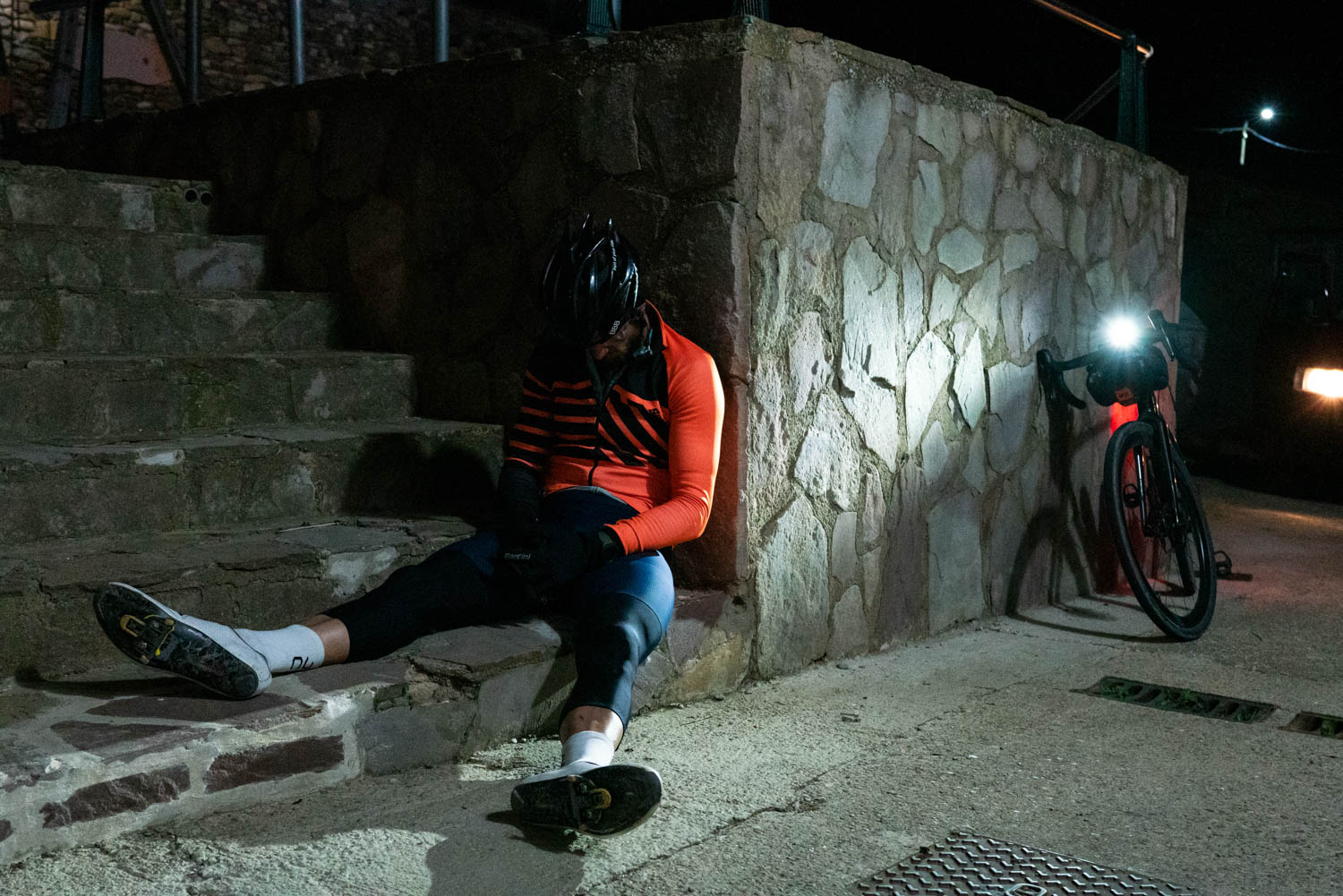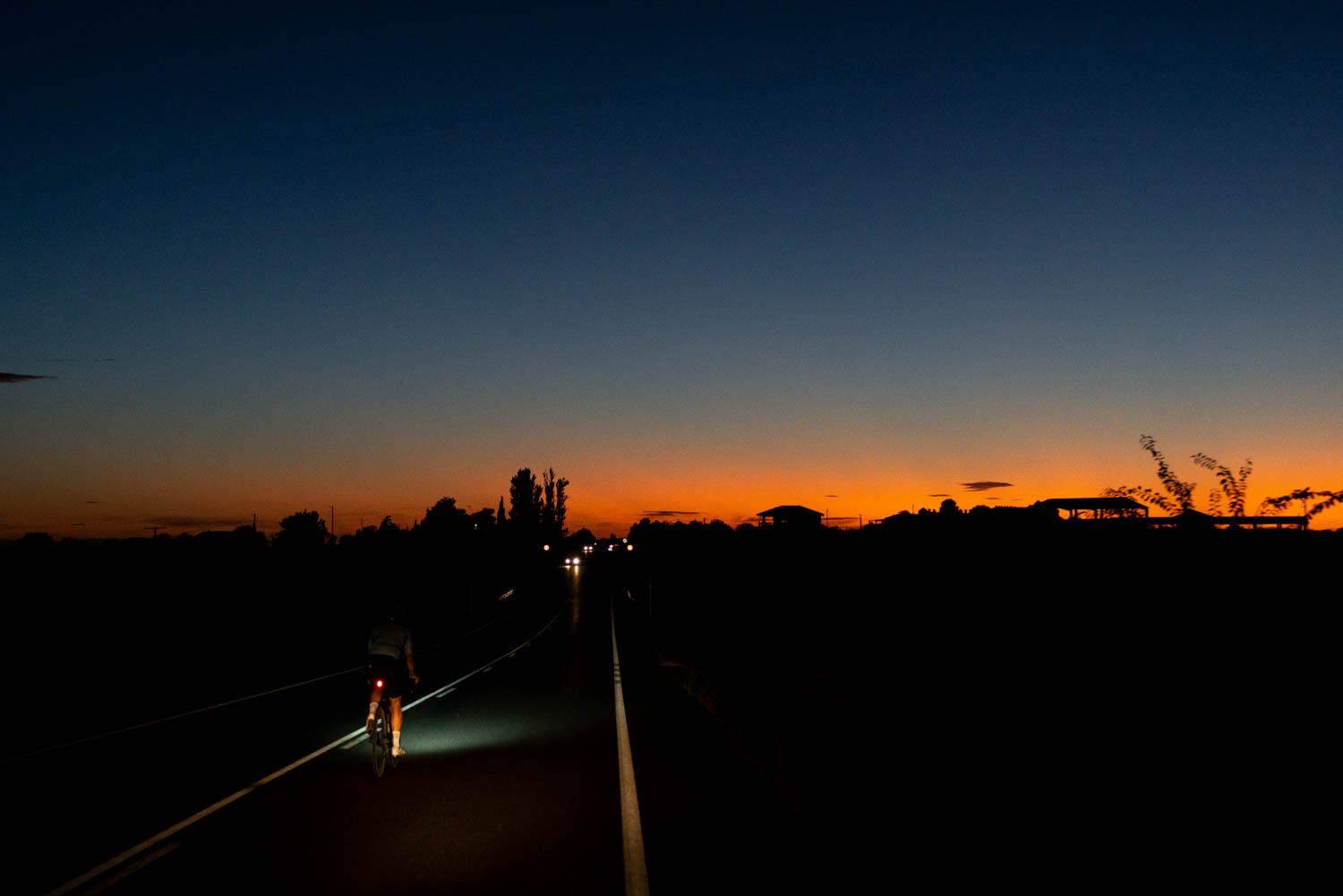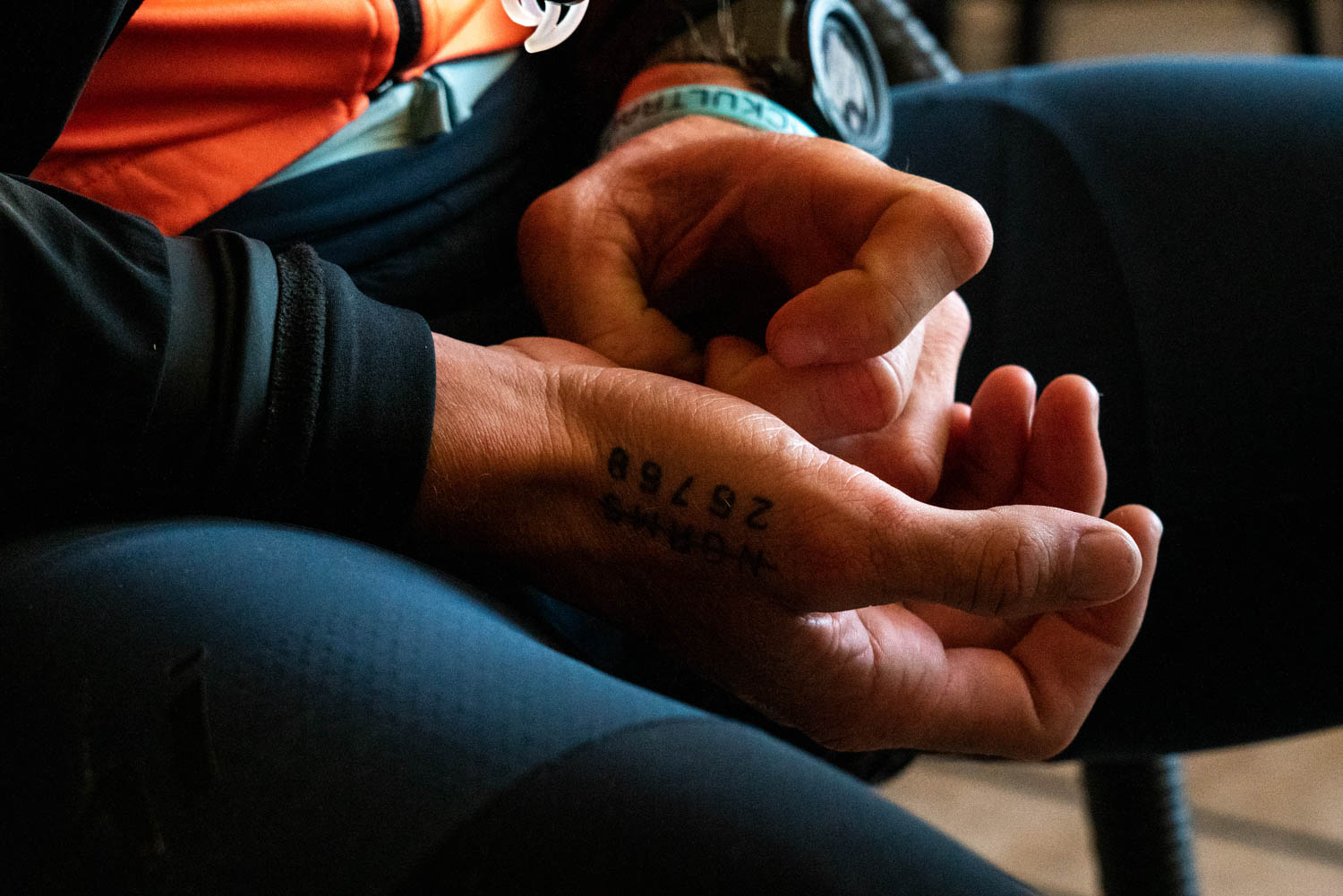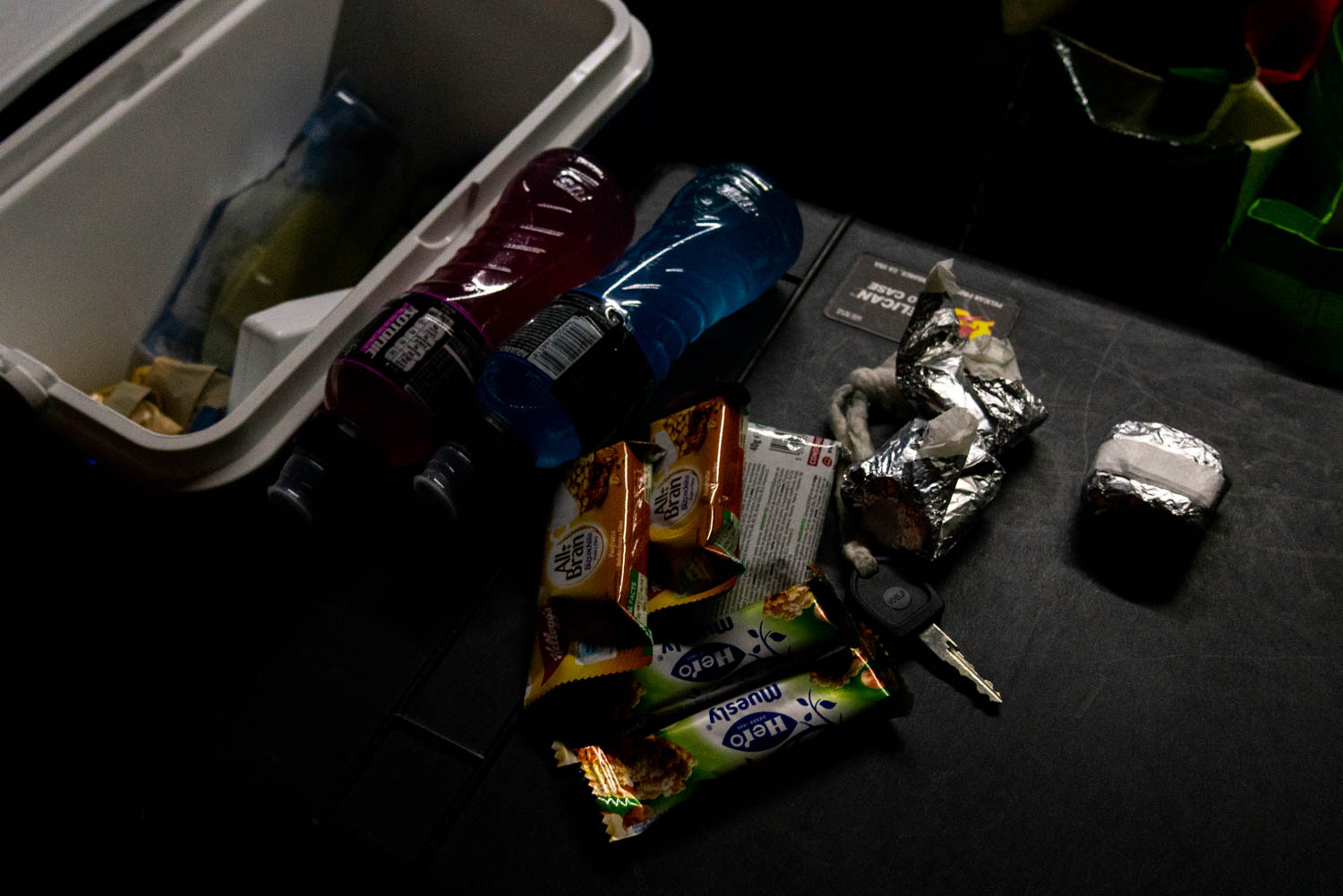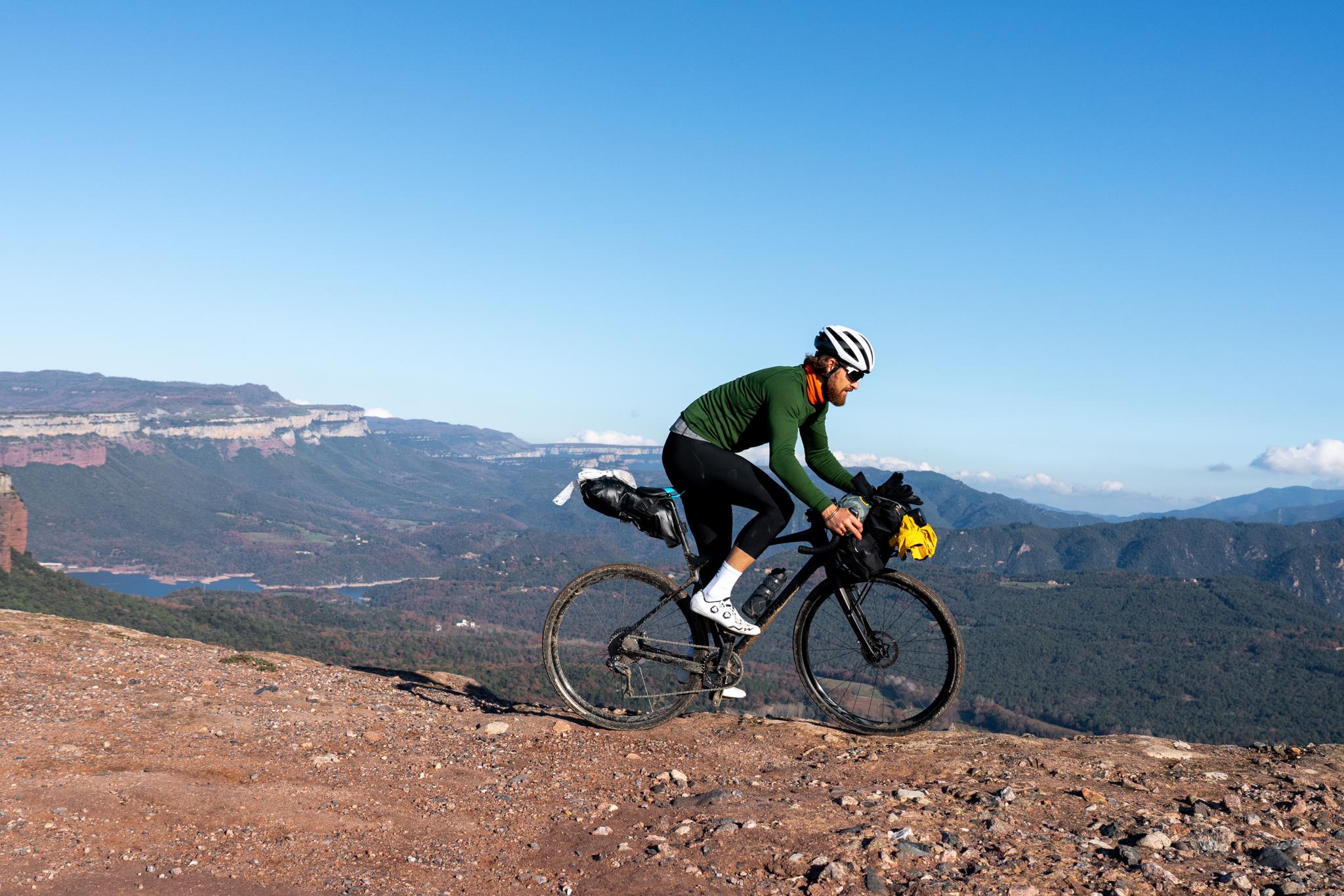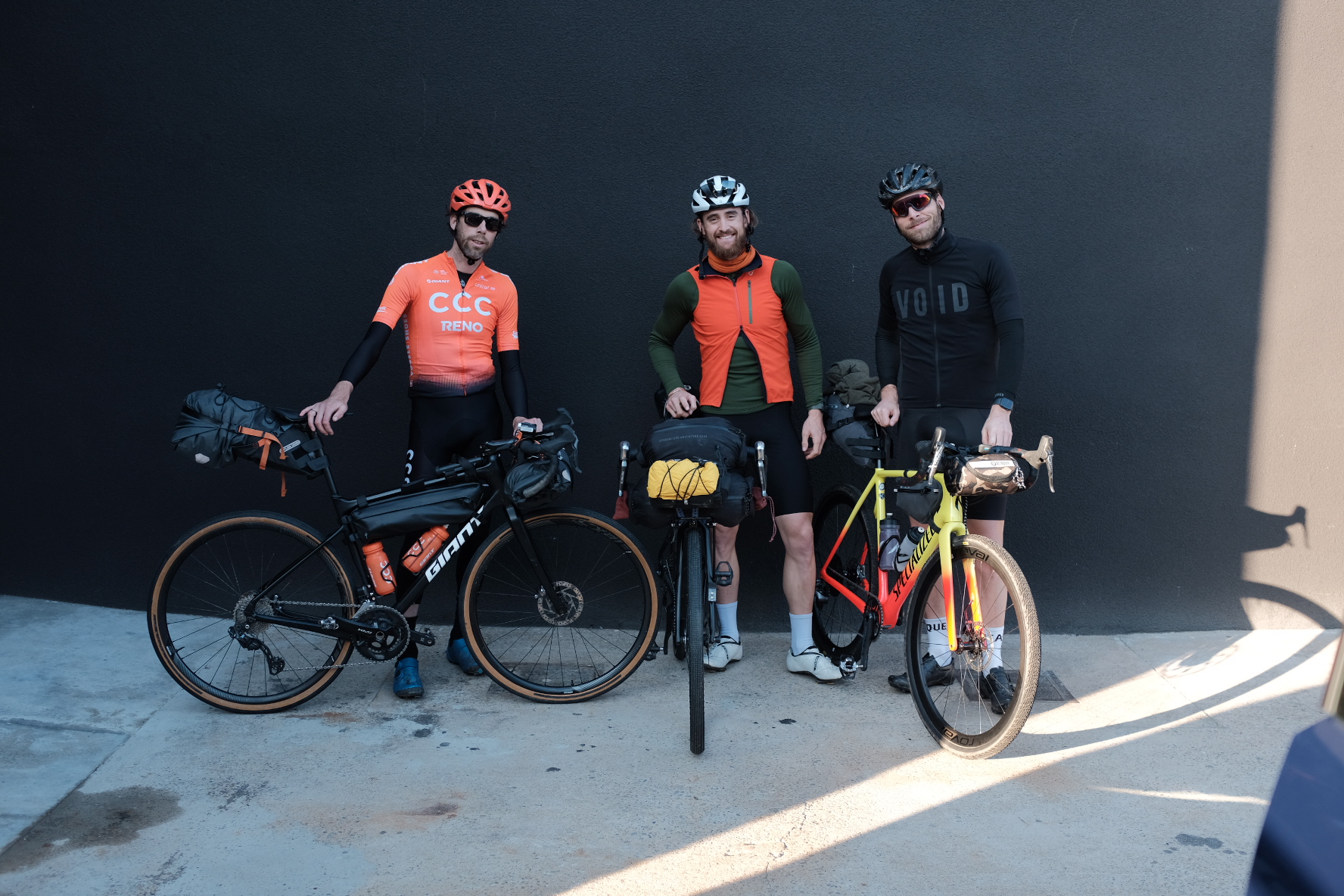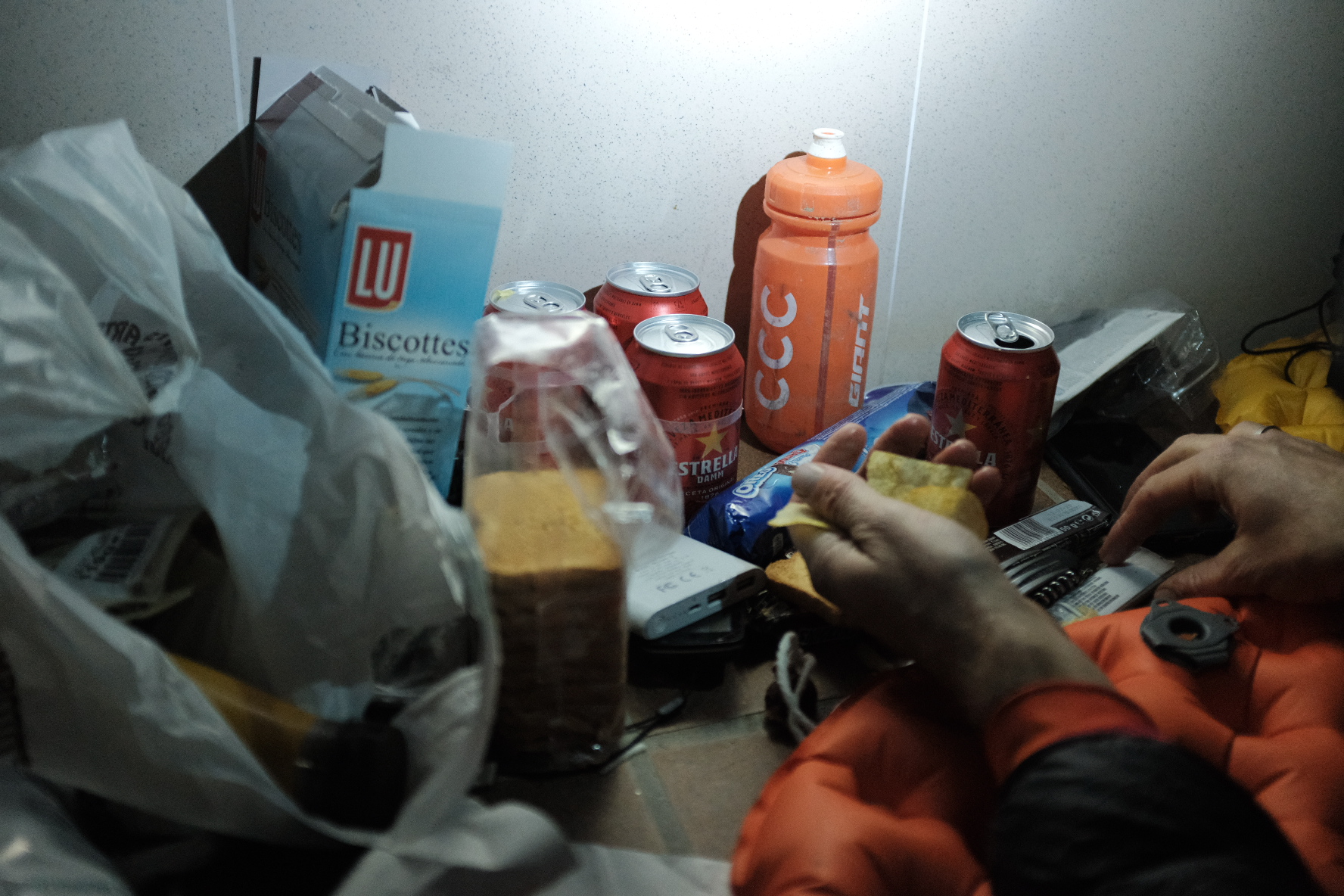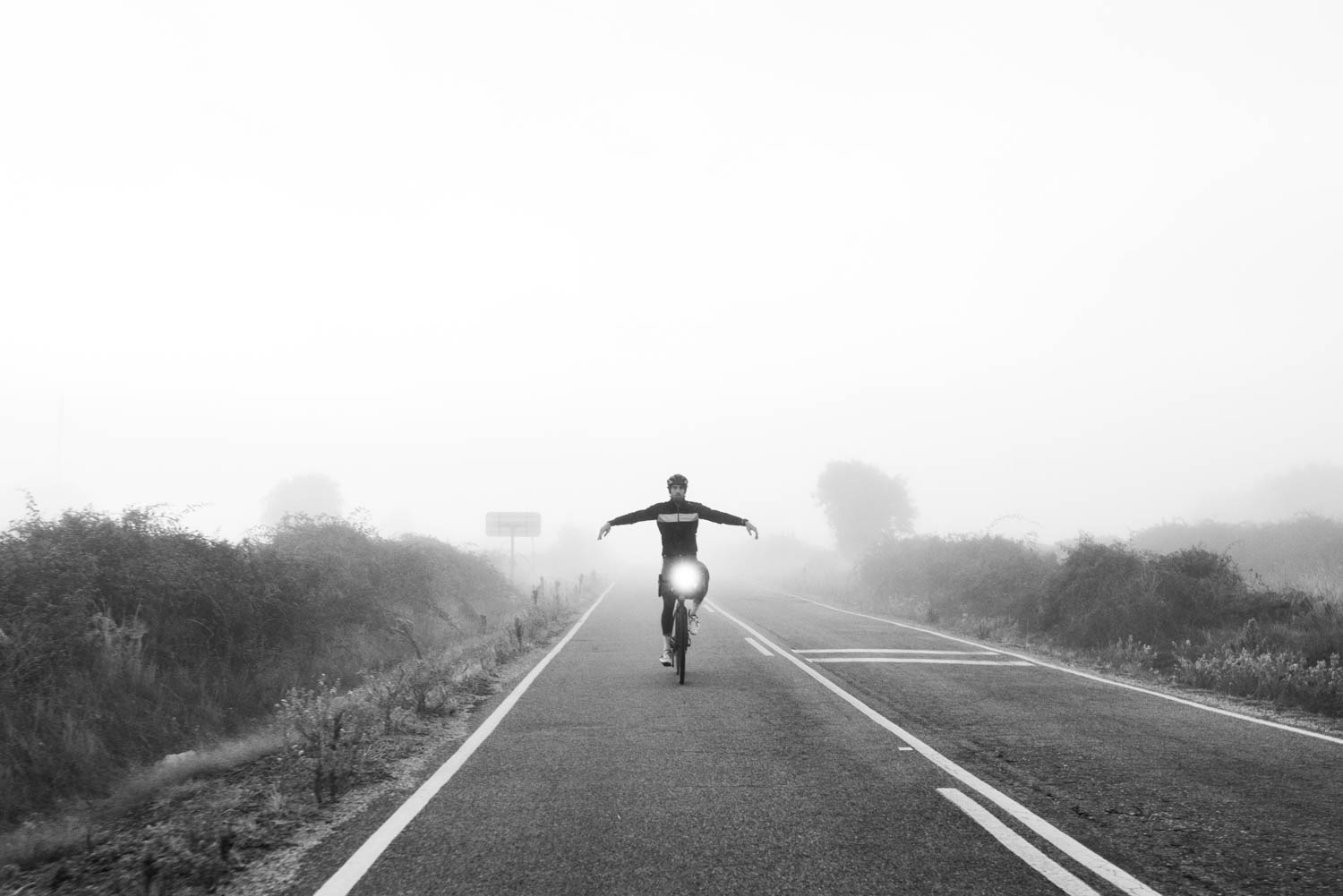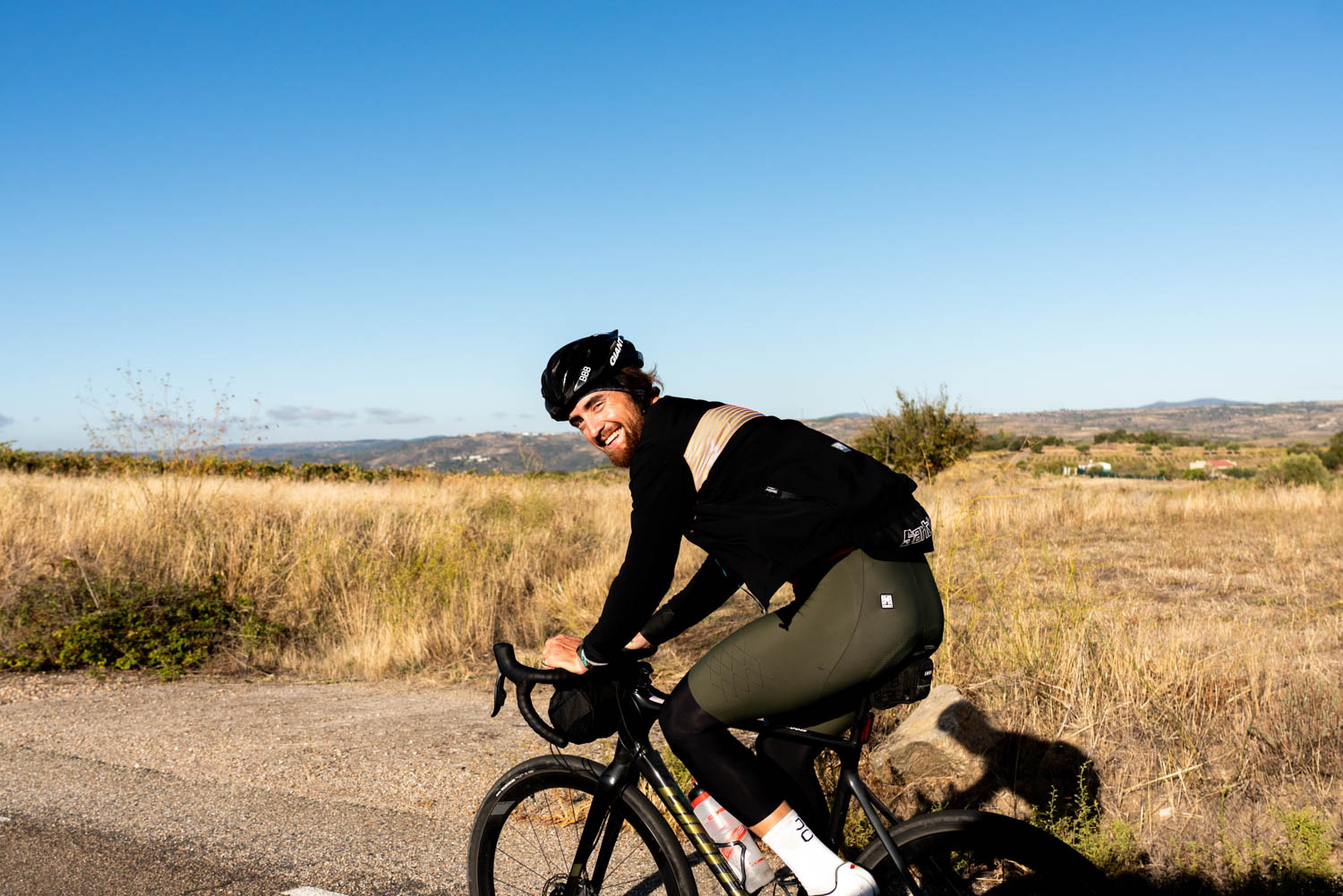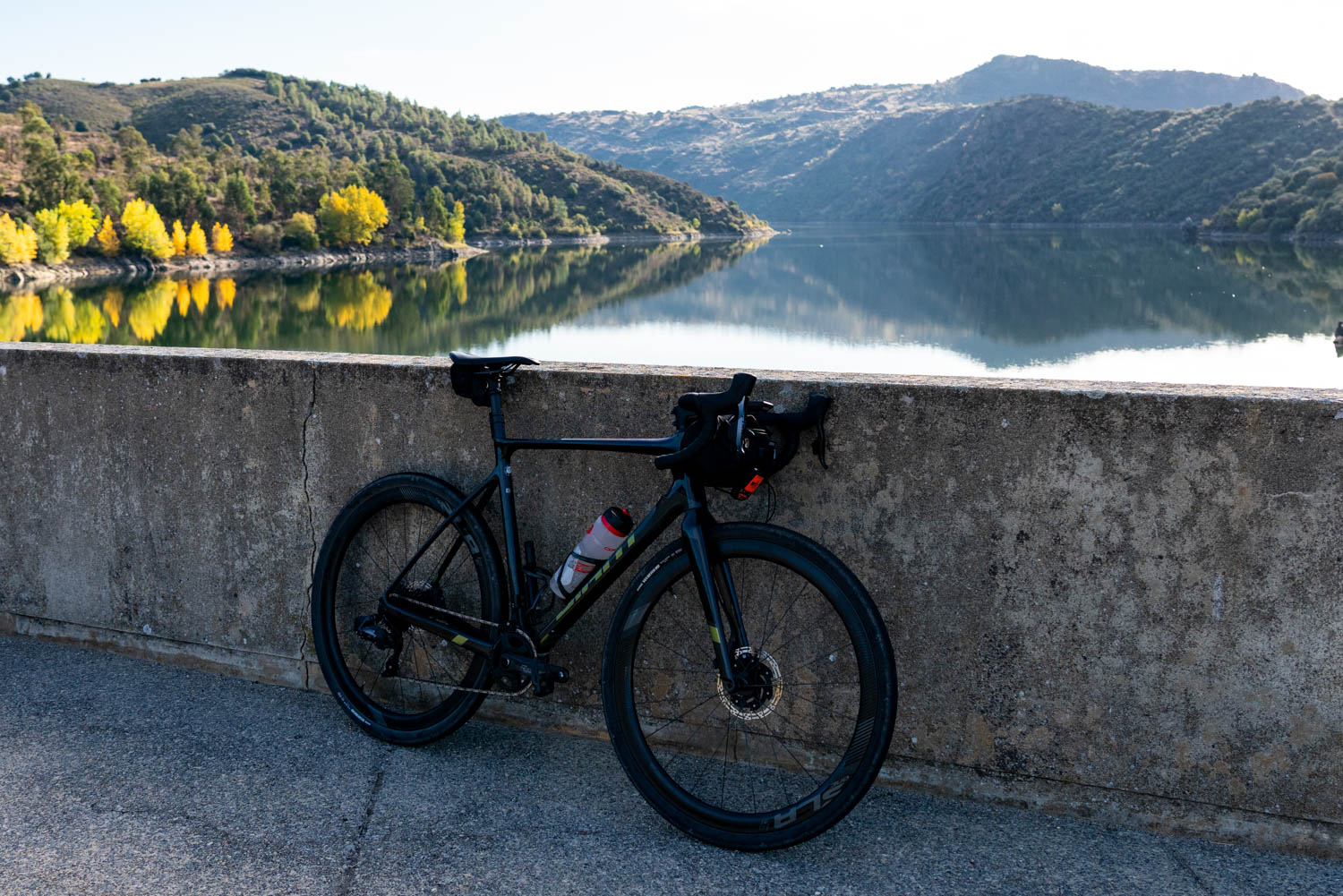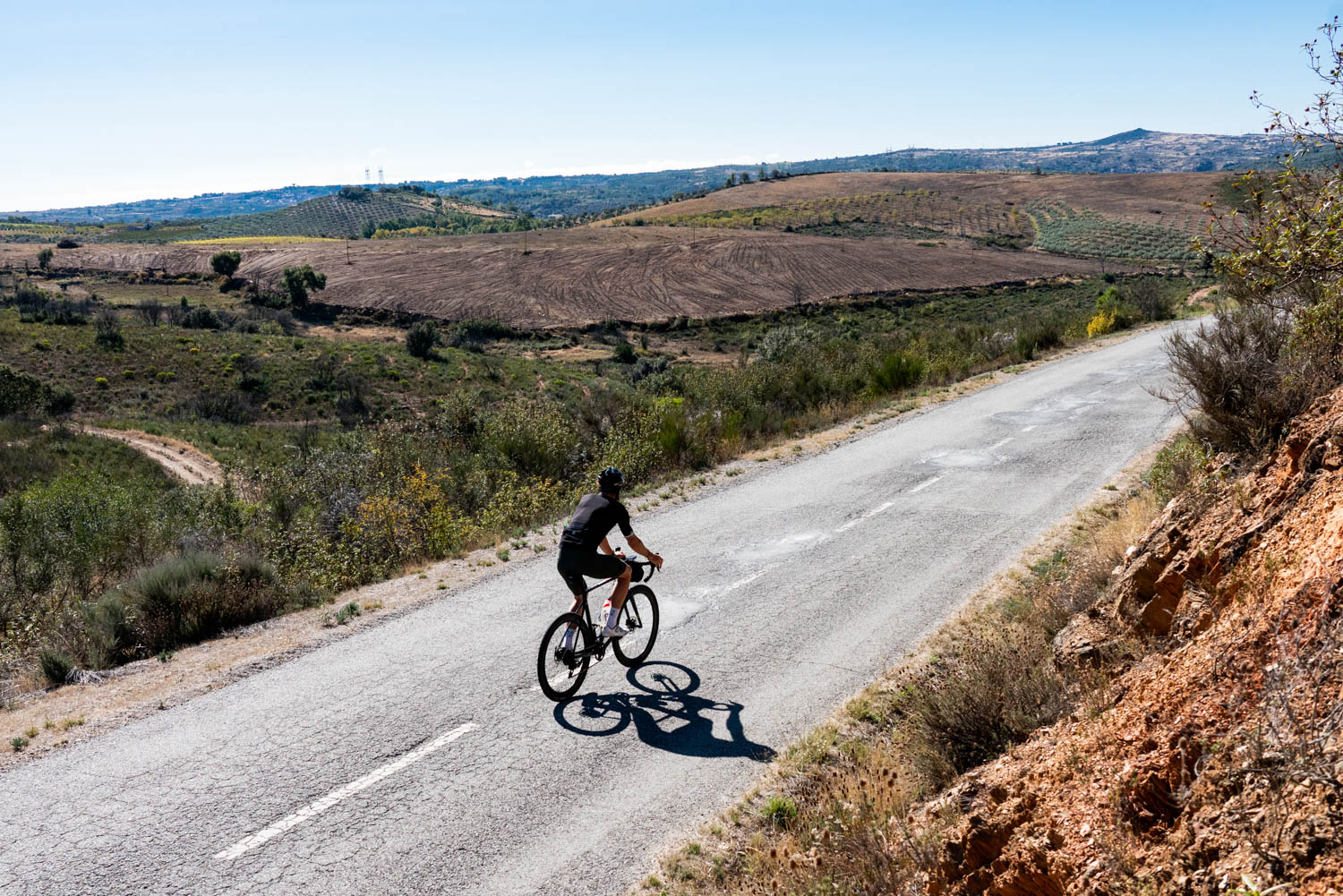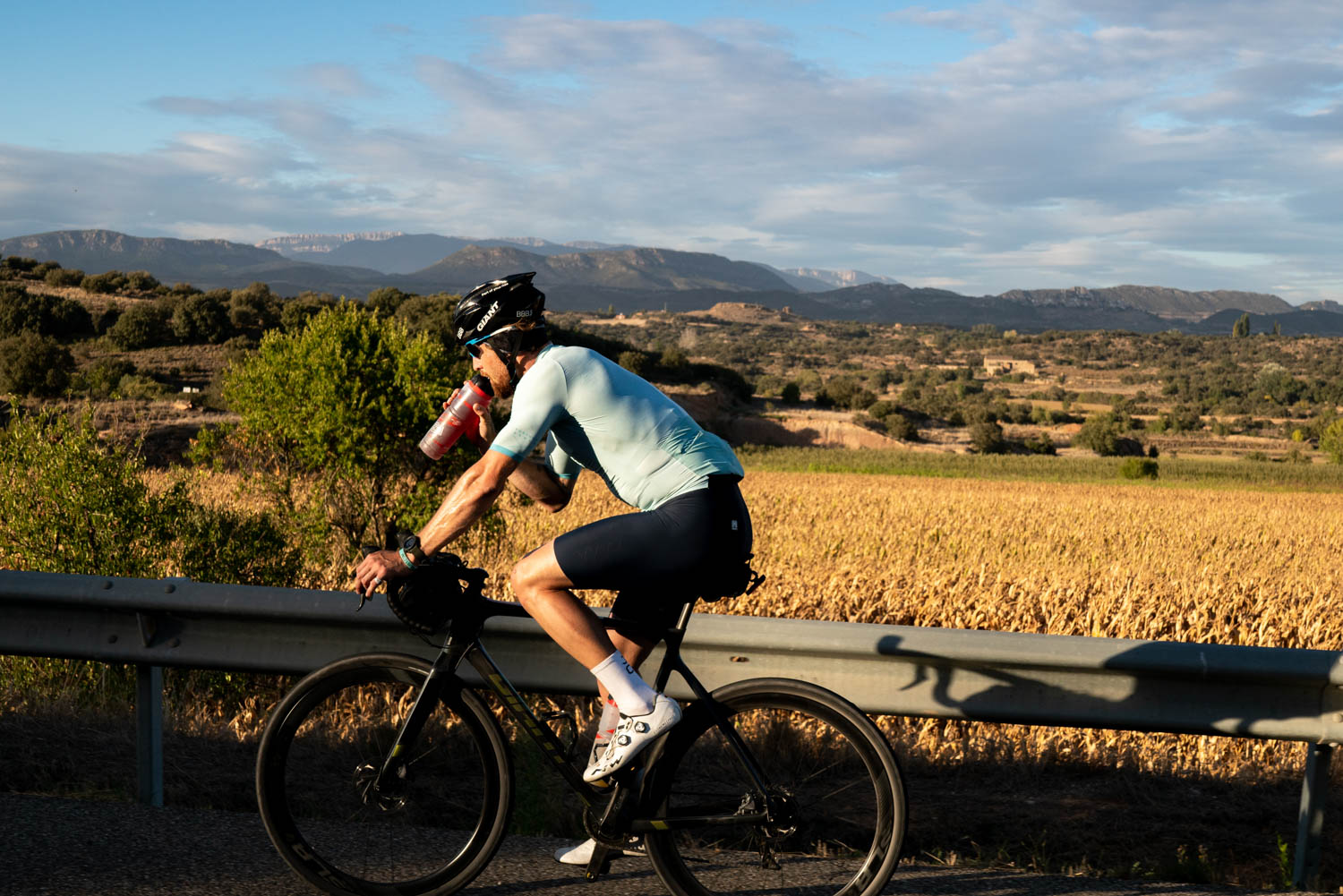Exercise is associated with improvements in physical and mental health. There are several studies that defend this, and anyone that regularly practices sport can confirm it. The social interaction and distraction it provides makes it an optimal way of alleviating bad symptoms such as social withdrawal or low self-esteem, so if you needed any more reasons to grab your bike and start riding, here you are.
Nowadays Jack rides his bike to get fitter and achieve his ultra-endurance goals, but not so long ago going for a ride was the only way of combating his mental health problems. Back in his teenage days, he joined the wrong group of people and started partying, fell into drugs and ended in rehab. He had already used his bike quite a lot in the past, and his dad suggested him to start again as a therapy to leave all past struggles behind.
Instead of pursuing a career in professional cycling, the Australian started doing bike adventure things, not multi-day rides right away but instead long miles, which gave him the needed endurance to face some big challenges like the ones he has completed in recent years, including riding 50.000 km in one year or doing the Taiwan KOM four times in a row. It didn’t take long until he realized that this was the kind of thing that really made him feel alive. In 2015 he quit work, concentrated on riding, and managed to make a living out of it.
After all that has happened to him, Jack now wants to help people that are in a position where they are down on unhappy, telling them that it is not uncommon. As he says, “it’s OK not to be OK”, and people should be encouraged to speak out about their issues openly, something that in many cases may not be easy to accept.
During a couple of events he recently was part of in Belgium and the Netherlands, he preached his message and showed one of his latest projects, the Grand Tours Everesting Project. Last summer he completed the Everesting challenge for three consecutive days, climbing the Passo Stelvio in Italy on August 1st, the Col de la Bonette in France the next day and straight to the Port d’Envalira in Andorra to finish it off, for a total of 41 hours of climbing. The attendees in Brugge were lucky enough to see the full movie, but we will have to wait a few days more. In the meantime, one can already taste what 26.768m of elevation and 810km feel like by watching the trailer.
After leaving the Belgian city, he headed to Amsterdam to do one of his speeches in the brand new bike experience center “Ride Out” located next to the Olympic Stadium. The psychologist Niki Schalken joined him, and he reviewed Jack’s story from a professional perspective, shining a light on mental health in the current society. Together, they did a Q&A to discuss the topic with the crowd.
He enjoys helping people in this way, and he doesn’t have the intention of stopping. In fact, he aims to do a TED talk in the near future talking about exercising and mental health, with tips and tricks about how to overcome adversities.
Because not many people even try to complete the challenges Jack easily does, it is difficult to have a benchmark about how to face such an amount of hours in the saddle, nail the food intake or the best moment to rest. Last October, he rode non-stop from Girona to Caramulo (Portugal), completing 1.200 km with 12.000 m of elevation in 59 hours. The funny thing about it is that it was mainly improvised, as he had already on his mind to take part in an event in Portugal and he decided to head there by bike, coinciding with World Mental Health Day.
On day one he didn’t have enough caffeine and literally fell asleep, but with a short power nap, he was able to continue. That was not the only setback, as the support van also had some mechanical problems that created a bit of uncertainty. On top of that, the battery of his electronic system died 30 km before the finish (with a lot of climbing ahead), so it wasn’t a pleasant way of completing the route. He also learned some valuable nutrition lessons; although his plan was to stick to real food (mainly rice cakes) during the whole ride, he started to worry as they seemed to get a bit rotten because of the amount of time exposed to the sun, so he switched to bars and gels. There is a lot of trial and error around these topics, and they (he and his partner) continue experimenting with methods to access to food and different flavors to ease the food intake during the challenges.
Although his goals for 2020 are already established, he is at the moment enjoying some gravel rides and bike trips with his fellow countrymen and pros Lachlan Morton, Nathan Haas or Freddy Ovett, as none of them is training for anything in particular at the moment. Talking about pros, he recently did an overnight gravel ride with Laurens Ten Dam, who retired this season after a long and successful career. This extreme and funny adventure in the Catalan forest included sleeping inside a public toilet and suboptimal nutrition, but also amazing landscapes and trails. Together they recorded an interesting podcast about cycling and mental health, which we recommend listening to.
A few of Jack’s projects for next season are on gravel but some others are on the road and even mountain bike, so it is clear that each of them will require the most of him in a completely different way.
For next year he wants to ride and win the Dirty Kanza XL, the extended version (350 miles long) of the well-known American gravel race. He will also travel to Bhutan to take part in what is considered the hardest mountain bike race. With 268 km mostly over 2.000 m and 4 mountain passes, it takes a lot of courage to even try to finish before the cut-off time.
Back on the road, he will live the Tour de France in a different way than most supporters; he will give pro riders a 10-day headstart and try to catch them before they arrive at the Champs Elysees, riding all day and even by night.
Like every ultra-endurance rider, he finds ways of getting distracted on the bike. In his case, he listens to music and does maths problems, without looking at the landscape much.
As he does every time, the morning of each of those challenges, he will stare at himself in the mirror and convince himself that he will be able to do it. Whenever he starts suffering, he remembers that he told himself he was going to do it, and there is nothing worse than disappointing oneself, right?
Beware because he honestly says that he hasn’t found any of these challenges hard enough yet, so if you think there is something that no human being would be able to complete, try challenging Jack or, as many people know him, “The Most Extreme Athlete on Earth”.
Photos by: Sami Sauri / Zac Williams



